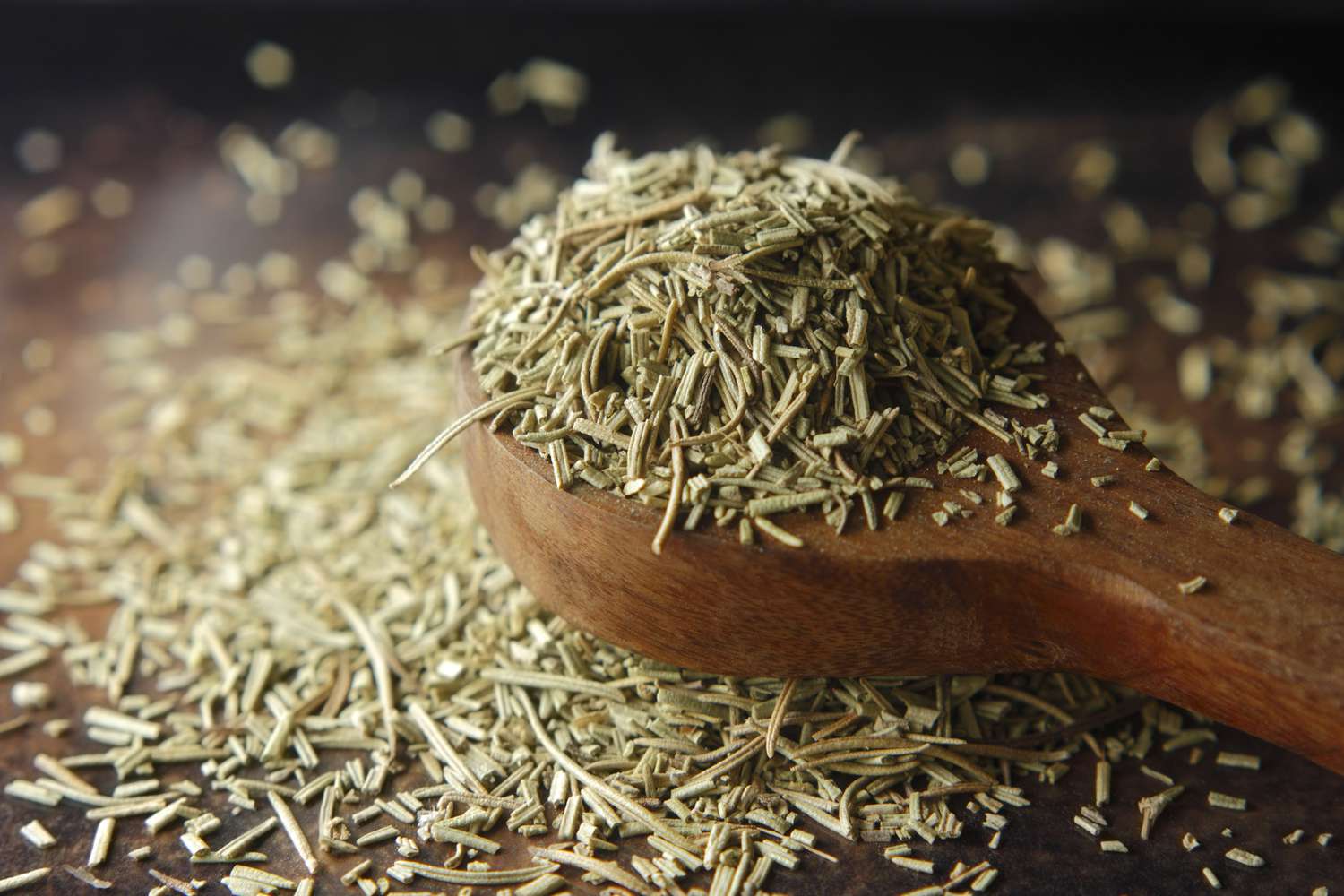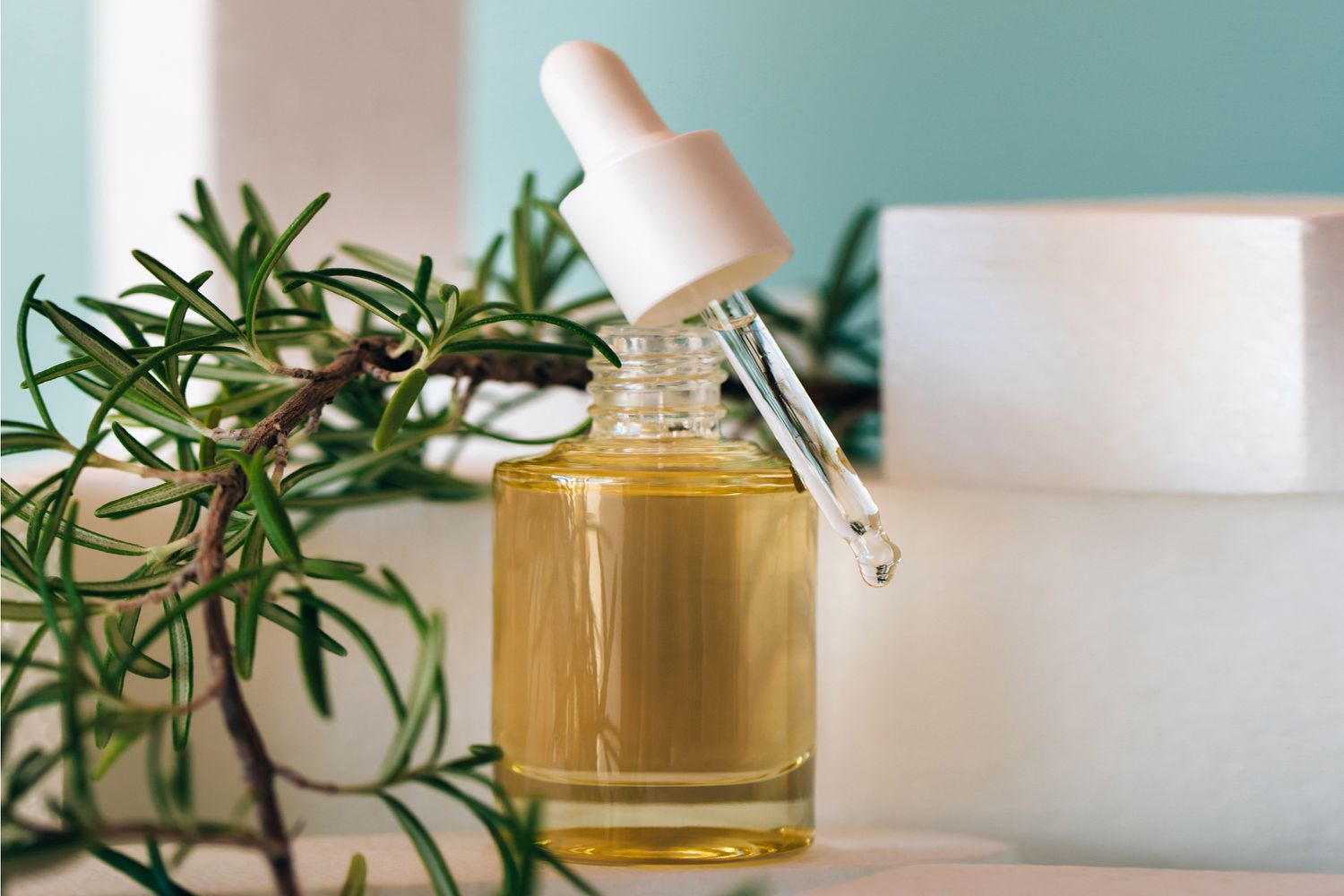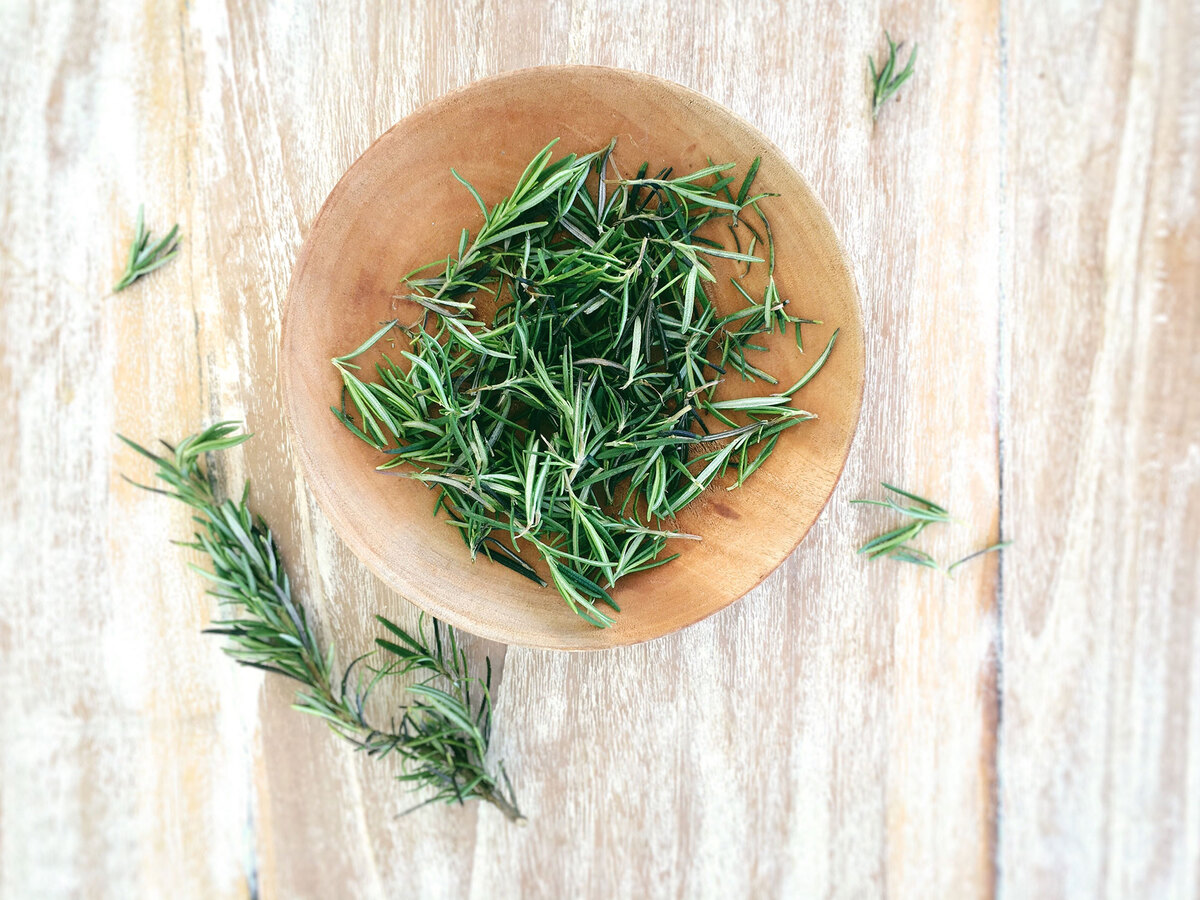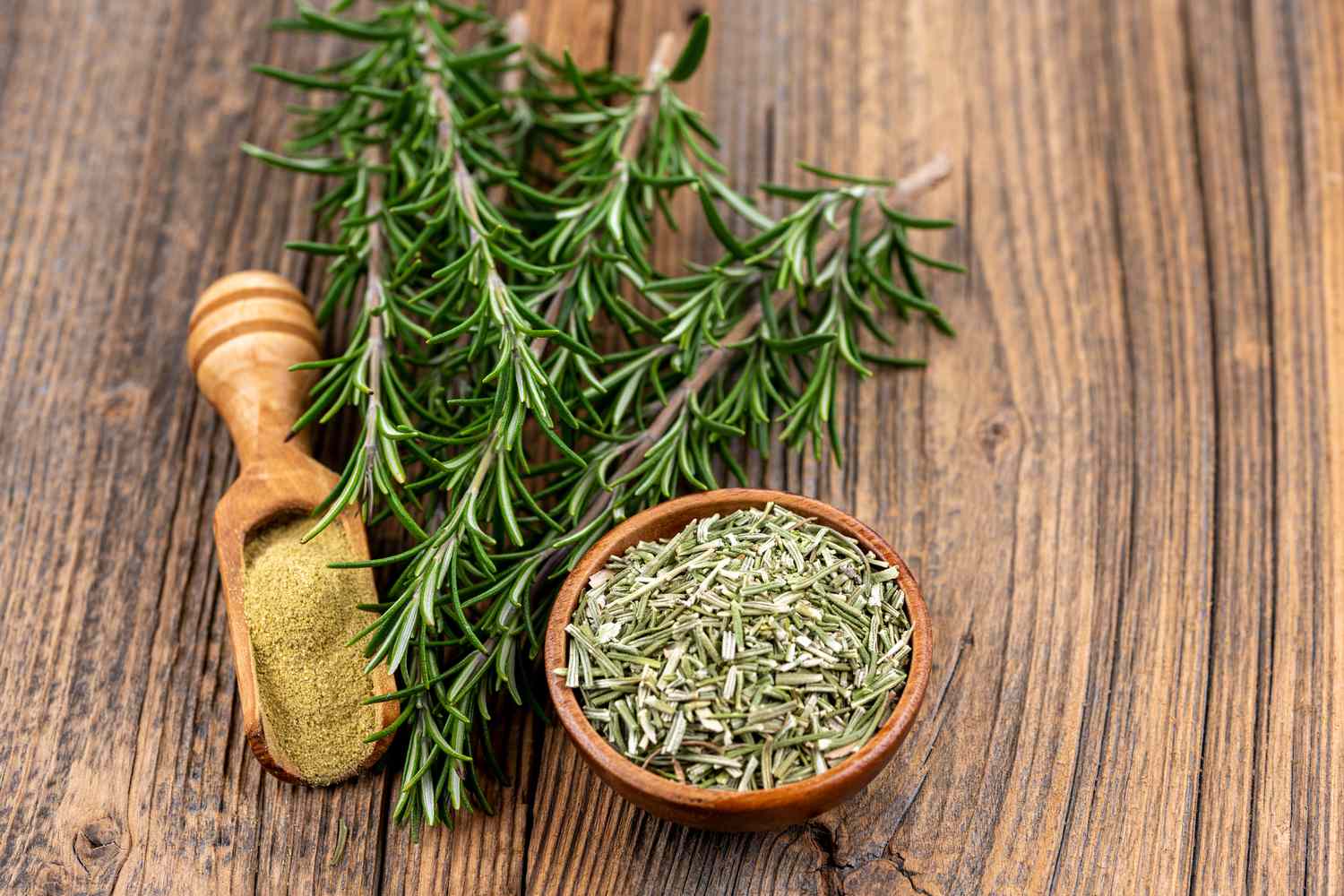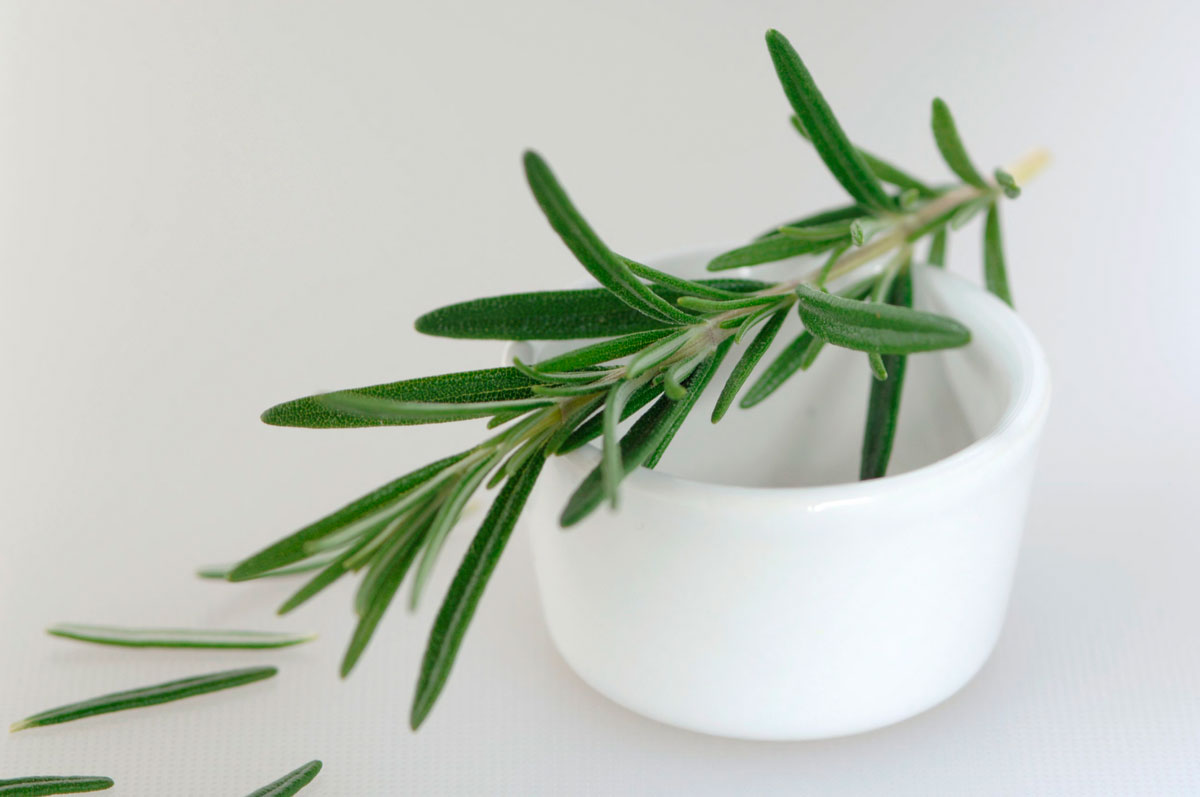Home>Types of Gardening>Edible Gardening>How To Use Rosemary Powder
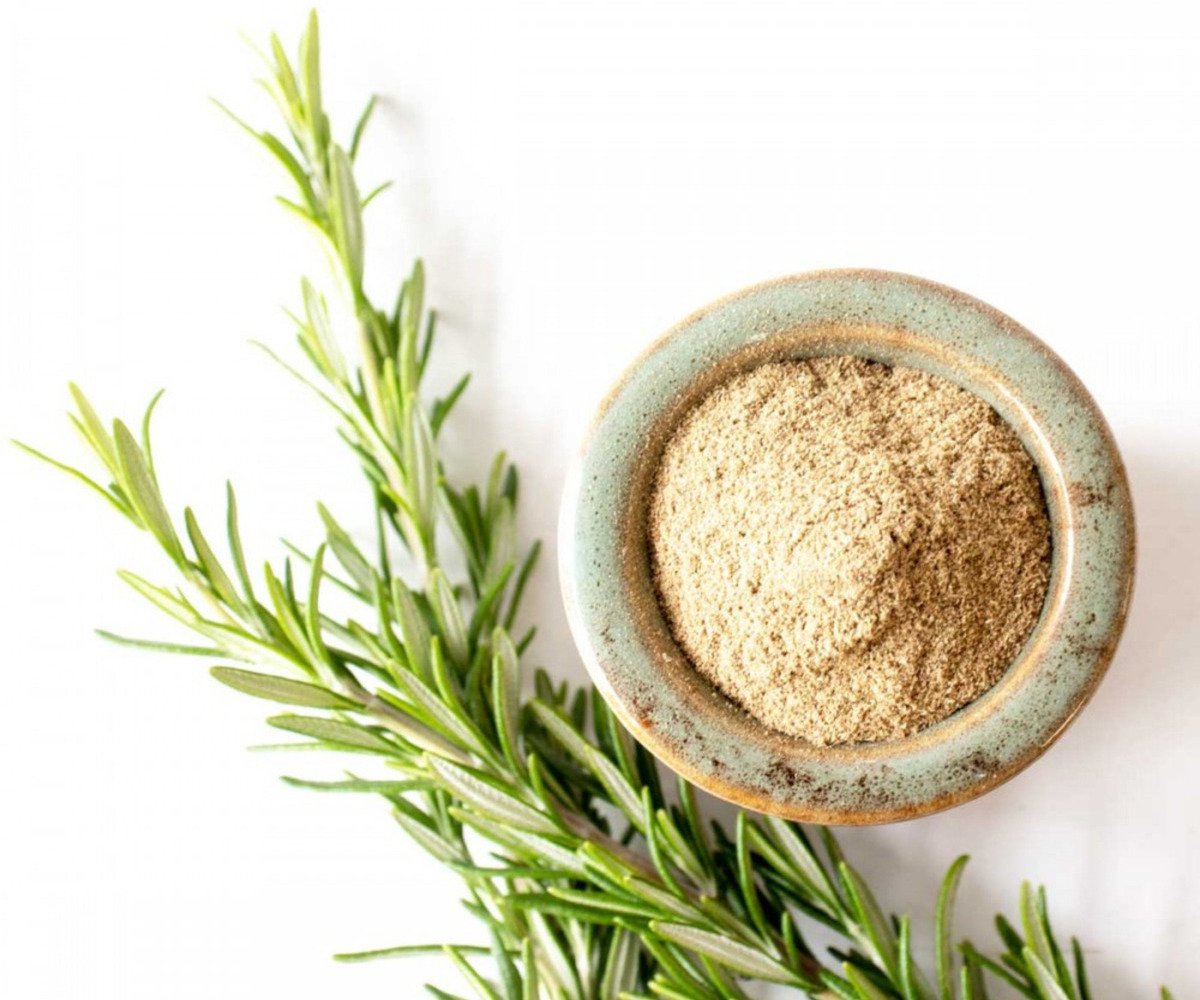

Edible Gardening
How To Use Rosemary Powder
Published: January 30, 2024
Learn how to use rosemary powder in your edible gardening projects and discover the many benefits of this versatile herb. Enhance your dishes with the aromatic and flavorful addition of rosemary.
(Many of the links in this article redirect to a specific reviewed product. Your purchase of these products through affiliate links helps to generate commission for Chicagolandgardening.com, at no extra cost. Learn more)
Table of Contents
Introduction
Welcome to the world of edible gardening! If you have a passion for cooking and love the idea of growing your own herbs, then edible gardening is the perfect hobby for you. And one herb that you must have in your garden is rosemary.
Rosemary (Rosmarinus officinalis) is an aromatic herb that is native to the Mediterranean region. It has been used for centuries in culinary, medicinal, and cosmetic applications. The beautiful needle-like leaves and the pleasant scent make it a popular choice among gardeners and chefs alike.
One way to make the most out of your rosemary harvest is by using rosemary powder. It is a versatile ingredient that can add a burst of flavor to your dishes while also providing several health benefits. In this article, we will explore the various uses of rosemary powder and how you can incorporate it into your everyday life.
From cooking to skincare, rosemary powder has a wide range of applications. It is packed with antioxidants, vitamins, and minerals that can boost your well-being. Plus, the vibrant green color of the powder adds a visually appealing touch to your recipes.
So, whether you are a seasoned gardener or just starting out, this article will guide you on how to use rosemary powder effectively. Get ready to add a dash of zest to your meals and experience the incredible benefits of this wonderful herb!
Benefits of Rosemary Powder
Rosemary powder not only enhances the taste of your dishes but also offers a plethora of health benefits. Let’s explore some of the advantages of incorporating this aromatic herb into your diet:
- Rich in antioxidants: Rosemary powder is packed with powerful antioxidants that help fight free radicals and protect your body against oxidative stress. These antioxidants can help reduce the risk of chronic diseases and promote overall well-being.
- Boosts digestion: The natural compounds present in rosemary powder stimulate the production of digestive enzymes, aiding in better digestion. It can help alleviate indigestion, bloating, and other gastrointestinal issues.
- Supports brain health: Rosemary is known to contain compounds that have neuroprotective properties. Regular consumption of rosemary powder may contribute to enhanced memory, concentration, and cognitive function.
- Anti-inflammatory properties: The anti-inflammatory properties of rosemary powder can help reduce inflammation in the body, providing relief from conditions such as arthritis and muscle pain.
- Immune-boosting: With its high concentration of vitamins and minerals, rosemary powder can help strengthen the immune system. It supports the body’s natural defense mechanisms, helping to prevent common illnesses and infections.
- Enhances hair health: When used in hair care routines, rosemary powder can promote hair growth, strengthen the roots, and reduce dandruff. It can also improve scalp health and add shine to your locks.
These are just a few of the many benefits that rosemary powder has to offer. It is a natural, affordable, and versatile ingredient that can greatly enhance your overall well-being.
How to Store Rosemary Powder
Proper storage is essential to preserve the freshness and flavor of rosemary powder. Here are some tips on how to store it:
- Airtight container: Transfer your rosemary powder into an airtight container. Make sure the container is clean and dry to prevent moisture from getting in, as it can lead to clumping and spoilage of the powder.
- Keep away from light and heat: Store the container in a cool, dark place away from direct sunlight and heat sources. Exposure to light and heat can cause the powder to lose its flavor and potency.
- Avoid humidity: Moisture can cause the rosemary powder to clump and degrade. Ensure that the storage area is dry and free from humidity. If there are any signs of moisture, consider using a moisture absorber packet in the container.
- Label and date: Don’t forget to label the container with the date of preparation. This will help you keep track of its freshness and ensure you use it within a reasonable time.
- Store in small quantities: It is best to store rosemary powder in small quantities to minimize exposure to air and moisture. This way, you can open a new container when needed, keeping the rest of the powder fresh and flavorful.
- Check for freshness: Over time, the flavor and aroma of rosemary powder may diminish. It is recommended to check for freshness before using. If the powder has lost its vibrant green color, aroma, or taste, it may be time to replace it with a fresh batch.
By following these storage tips, you can ensure that your rosemary powder remains potent and flavorful for an extended period. Enjoy the benefits of this versatile herb in your culinary creations!
Using Rosemary Powder in Cooking
Rosemary powder is a fantastic ingredient that can bring a burst of flavor to a wide range of dishes. Here are some creative ways to use rosemary powder in your cooking:
- Season roasted meats: Sprinkle rosemary powder generously on chicken, lamb, beef, or pork before roasting. The herb’s aromatic flavor will penetrate the meat, adding depth and savoriness to your dishes.
- Enhance vegetable dishes: Toss roasted vegetables, such as potatoes, carrots, or Brussels sprouts, with a pinch of rosemary powder. It will elevate the flavors and add a delightful herbal note to your side dishes.
- Infuse oils and marinades: Blend rosemary powder with olive oil or your favorite marinade to create a fragrant infusion. Use it to marinate meats, drizzle over salads, or as a dip for crusty bread.
- Add to soups and stews: Sprinkle rosemary powder into your homemade soups and stews for an aromatic twist. It pairs exceptionally well with hearty dishes like tomato soup, bean stew, or lamb stew.
- Flavor homemade bread: Incorporate rosemary powder into your bread dough for a delicious herbal twist. Whether you’re making focaccia, baguettes, or dinner rolls, a pinch of rosemary powder will enhance the aroma and taste of your baked goods.
- Create herb-infused butter: Mix rosemary powder with softened butter to create a delectable herb-infused spread. Use it on freshly baked bread, grilled corn on the cob, or melt over steamed vegetables.
- Season sauces and dressings: Sprinkle a small amount of rosemary powder into your homemade sauces, dressings, or vinaigrettes to add a unique herbal flavor profile. It works wonders in creamy pasta sauces, herb-based dressings, and marinara sauces.
- Flavor homemade seasoning blends: Combine rosemary powder with other dried herbs and spices to create your own custom seasoning blends. Use these blends to season meats, sprinkle over roasted vegetables, or flavor rice and quinoa dishes.
These are just a few ideas to get you started, but the possibilities are endless when it comes to using rosemary powder in your cooking. Experiment, be creative, and enjoy the wonderful flavors this versatile herb has to offer!
DIY Beauty Uses of Rosemary Powder
Rosemary powder isn’t just a culinary delight; it also has numerous benefits for your skin and hair. Here are some DIY beauty uses of rosemary powder:
- Scalp treatment: Mix rosemary powder with a carrier oil, such as coconut oil or olive oil, to create a nourishing hair mask. Massage it into your scalp to stimulate hair growth, reduce dandruff, and improve overall scalp health. Leave it on for 30 minutes or overnight before rinsing off.
- Skin exfoliator: Combine rosemary powder with a natural exfoliant, like sugar or oatmeal, and use it as a gentle scrub for your face and body. The powder will help remove dead skin cells, leaving your skin refreshed and rejuvenated.
- Cleansing face mask: Mix rosemary powder with clay, honey, or yogurt to create a homemade face mask. Apply it to your face, let it sit for 15-20 minutes, and then rinse off. This mask will help cleanse your pores, control oiliness, and promote clear, glowing skin.
- Aromatherapy steam: Add a tablespoon of rosemary powder to a bowl of hot water and lean over it with a towel covering your head. Inhale the steam for a few minutes to open up your pores and enjoy the therapeutic aroma of rosemary. This can help relax your mind, relieve sinus congestion, and enhance respiratory health.
- Foot soak: Mix rosemary powder with Epsom salt and warm water to create a soothing foot soak. Soak your feet for 15-20 minutes to relieve tiredness, reduce inflammation, and soften rough skin.
- Lip scrub: Combine rosemary powder with honey or coconut oil to create a homemade lip scrub. Gently massage it onto your lips to remove dry, flaky skin and reveal soft, smooth lips.
- Natural deodorant: Add rosemary powder to a mixture of baking soda and arrowroot powder to create a natural deodorant powder. Apply it to your underarms to absorb moisture and neutralize odors throughout the day.
These DIY beauty uses of rosemary powder are simple, affordable, and effective. Take advantage of the herb’s natural properties to enhance your beauty routine and enjoy the amazing benefits it provides for your skin and hair.
Medicinal Uses of Rosemary Powder
Rosemary powder has been used for centuries in traditional medicine due to its medicinal properties. Here are some of the potential health benefits and medicinal uses of rosemary powder:
- Improves digestion: Rosemary powder can help soothe indigestion, bloating, and stomach cramps. It stimulates the production of digestive enzymes, promoting better digestion and relieving discomfort.
- Relieves headaches: The aroma of rosemary powder has been known to help alleviate headaches and migraines. Inhaling the scent or applying a diluted rosemary oil can provide natural relief from headache symptoms.
- Boosts memory and concentration: Rosemary powder contains compounds that have been shown to enhance cognitive function. It may improve memory, focus, and concentration, making it beneficial for students and individuals seeking mental clarity.
- Anti-inflammatory properties: The anti-inflammatory compounds found in rosemary powder can help reduce inflammation in the body. This makes it potentially useful for managing conditions such as arthritis, joint pain, and muscle soreness.
- Supports immune function: Rosemary powder is rich in antioxidants, which strengthen the immune system and protect against free radicals. Regular consumption may help boost overall immunity and reduce the risk of infections.
- Relieves respiratory issues: Inhaling steam infused with rosemary powder can help soothe respiratory problems like coughs, bronchitis, and congestion. The herb’s expectorant properties may help loosen phlegm and promote easier breathing.
- Supports liver health: Rosemary powder has been traditionally used to support liver function and detoxification. It may aid in improving liver enzyme levels and optimizing liver health.
It’s important to note that while rosemary powder has a long history of medicinal use, it should not replace professional medical advice or treatment. Always consult with a healthcare professional before using rosemary powder for medicinal purposes, especially if you have underlying health conditions or are taking medications.
With its numerous potential health benefits, rosemary powder can be a valuable addition to your holistic wellness routine. Incorporate it into your diet or try topical applications to experience its medicinal properties firsthand.
Precautions and Side Effects
While rosemary powder offers many health benefits, it is essential to be aware of potential precautions and side effects associated with its use:
- Allergies: Some individuals may be allergic to rosemary or its components. If you have known allergies to plants in the Lamiaceae family, such as mint, basil, or oregano, exercise caution when using rosemary powder and monitor for any allergic reactions.
- Medication interactions: Consult with a healthcare professional before using rosemary powder, especially if you are taking medications. It may interact with certain drugs, including blood thinners and anticoagulants, altering their effectiveness.
- Pregnancy and breastfeeding: Pregnant and breastfeeding women should consult a healthcare provider before using rosemary powder in medicinal amounts. High doses of rosemary may stimulate menstruation and pose risks during pregnancy.
- Seizure disorders: Rosemary contains a compound called camphor, which can potentially trigger seizures in individuals with epilepsy or seizure disorders. Avoid using rosemary powder in large amounts if you have a history of seizures.
- Skin sensitivity: Rosemary powder, when used topically, may cause skin irritation or allergic reactions in some individuals. Perform a patch test before using it on larger areas of the skin and discontinue use if any adverse reactions occur.
- Diabetes: Rosemary powder may lower blood sugar levels. If you have diabetes or are on medication to control blood sugar, monitor your levels closely and consult with a healthcare professional before using rosemary powder therapeutically.
- Digestive issues: While rosemary powder can aid digestion, excessive consumption may lead to stomach upset, diarrhea, or gastrointestinal discomfort. Moderation is key to avoid any adverse digestive effects.
It is important to exercise caution and use rosemary powder in moderation. If you experience any adverse reactions or have concerns about its usage, it is advisable to seek medical guidance.
Remember, the information provided here is for informational purposes only and should not replace professional medical advice. Always consult with a healthcare professional before using rosemary powder for therapeutic purposes, especially if you have underlying health conditions or are on medications.
Conclusion
Rosemary powder is truly a versatile ingredient with a wide range of culinary, medicinal, and beauty uses. From enhancing the flavors of your favorite dishes to providing potential health benefits for your body and skin, this herb has much to offer.
Whether you are an avid cook, a DIY enthusiast, or someone interested in natural remedies, incorporating rosemary powder into your routine can elevate your experiences and promote overall well-being.
Remember to store rosemary powder properly in an airtight container, away from light and heat, to maintain its freshness and potency. Explore its culinary potential by seasoning roasted meats, infusing oils, or adding it to soups and sauces. Get creative in your beauty routines by using rosemary powder in homemade scrubs, masks, and hair treatments.
While rosemary powder has numerous benefits, it is important to exercise caution and be aware of any potential allergies, medication interactions, or side effects. Consulting with a healthcare professional is always recommended, especially if you have underlying health conditions or are pregnant or breastfeeding.
So, whether you’re a seasoned gardener or a novice, consider adding rosemary to your herb garden, and enjoy the many delights it brings. Explore its flavors, experiment with its uses, and harness its immense potential for your cooking and wellness practices.
Embrace the magic of rosemary powder and let it infuse your life with its enchanting aroma, tantalizing taste, and potential health benefits. Let this herb become a staple in your edible gardening journey, transforming ordinary dishes into extraordinary culinary experiences, and providing you with natural remedies for a healthier and happier life.
